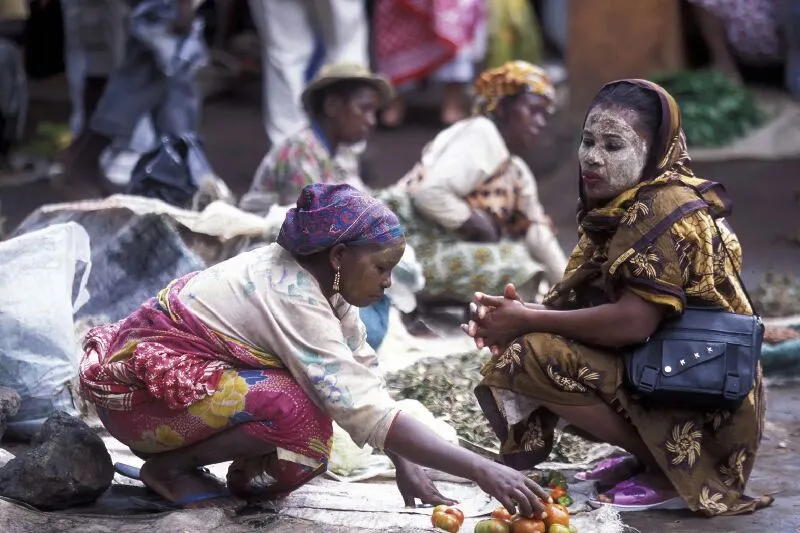Mayotte’s birthright citizenship termination disappoints residents in Comoros
France’s decision to deny citizenship to children born in Mayotte is causing ripples of disappointment and concern across the Comoros and wider region. The move has prompted questions about bilateral relations going forward.
Each year, thousands of people undertake the risky sea journey from the Comoros archipelago to the French territory of Mayotte, crossing around 70 kilometers in the hope of better opportunities. However, the passage is perilous, with migrants facing dangers like overcrowded and unstable boats, as well as the threat of interception by authorities. Despite this, Mayotte continues to attract migrants from across the region due to the prospect of work, healthcare and education.
In response to sustained migrant arrivals, the French government has announced controversial plans to curb irregular migration by denying citizenship to children born in Mayotte to foreign parents. This marks a significant departure from previous migration management approaches and demonstrates the government’s determination to address challenges posed by irregular flows.
The decision has sparked heated debate both within Mayotte and neighboring countries like the Comoros with historical ties to France. While some see it as necessary to control migration and protect Mayotte residents’ rights, others criticize it as punitive and inhumane, especially towards vulnerable children born on the island.
In the Comoros, reactions to the French announcement have been mixed, with some surprised by the uncertain and precarious position it highlights for migrants in a foreign land. Others expressed concern over potential implications for Comoro-French relations and domestic socio-economic factors. However, amid the anxiety, many voices also convey resilience and optimism, seeing migration as a basic human right and valid response to challenges at home. They argue governments and agencies must jointly address root causes like poverty, inequality and lack of opportunities.
As France implements its plans, questions remain over whether denying citizenship can truly curb irregular flows driven by economic hardship and insecurity. Critics argue punitive policies are unlikely to deter those fleeing poverty and abuse, and may worsen human rights abuses and social tensions in both Mayotte and Comoros. Comprehensive solutions addressing root causes, regional cooperation and protection of migrant rights are needed from governments and partners to manage the complex dynamics of Indian Ocean migration sustainably.



Comments
Post a Comment